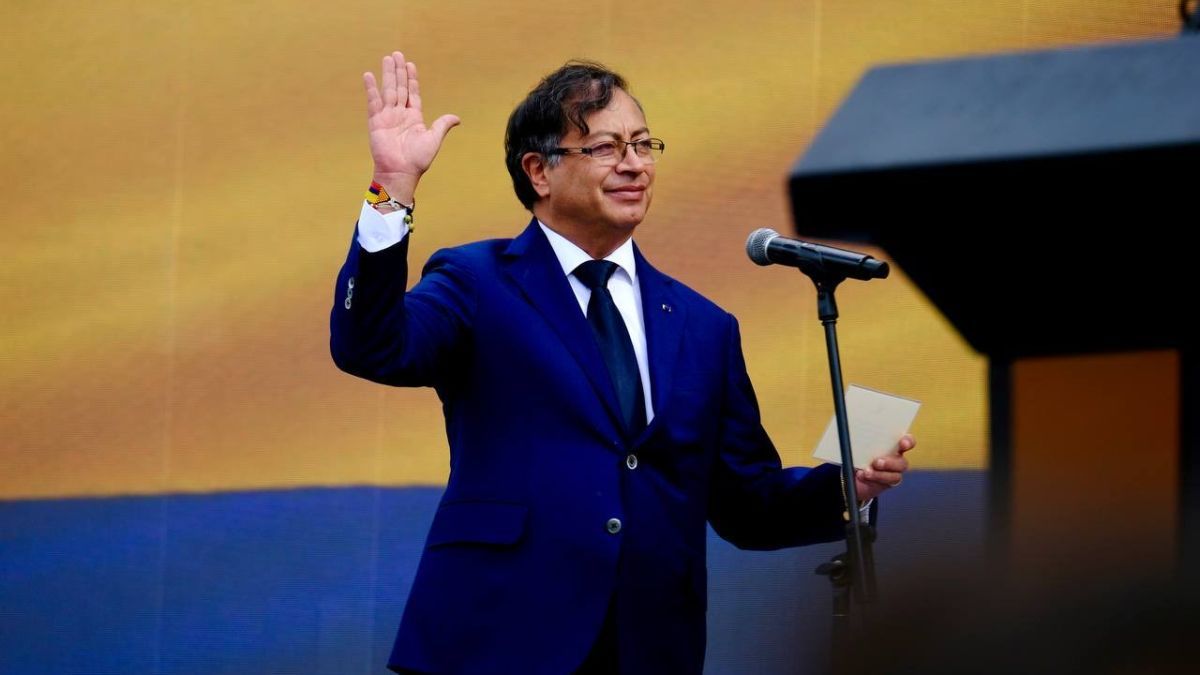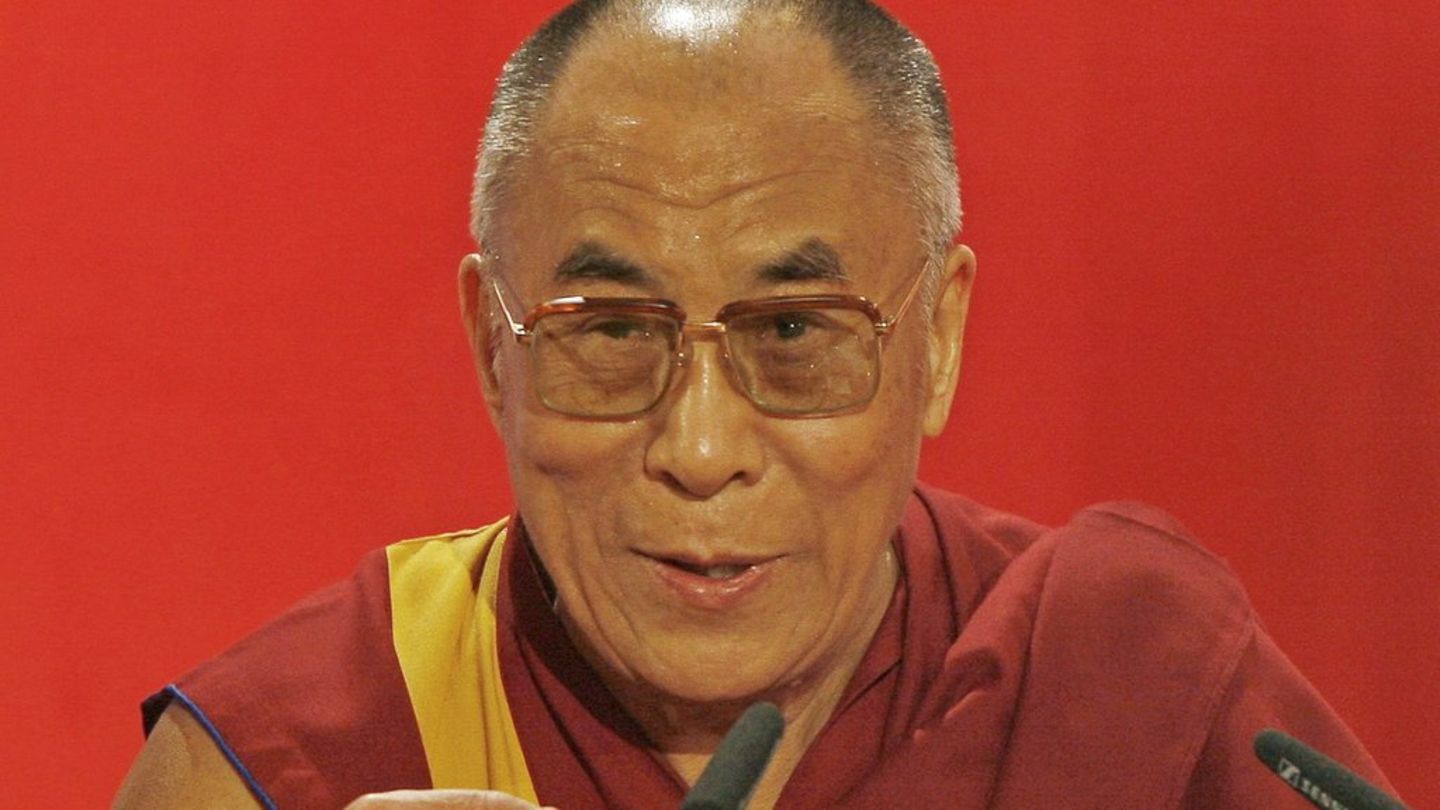The 62-year-old former senator and former guerrilla was invested by the head of Congress, Roy Barreras, during a ceremony in the Plaza de Bolívar, in downtown Bogotá, attended by nine leaders and several international delegations.
“I swear to God and promise the people to faithfully comply with the Constitution and the laws of Colombia”said the new ruler.
Wearing a blue suit and black tie, he received the presidential sash and swore in environmentalist Francia Márquez as Colombia’s first Afro-presidential vice president.
Petro, who succeeded the unpopular Iván Duque in power, will govern for four years a country of 50 million inhabitants that for the first time entered the orbit of the left in the region.
The one who was the leader of the opposition in the last two decades began his government with a battery of reforms in mind and the expectations of half the country that voted for him in the ballot on June 19.
Colombia thus enters a period of change, with a leftist in command, a Congress in his favor and a weakened opposition after the decline of former president Álvaro Uribe (2002-2010), the head of the right.
Petro starts from an “enviable position, with a large majority in Congress and, in terms of the street, has support that no government had before in recent years,” analyst Jorge Restrepo, from the Center, told AFP. of Resources for the Analysis of Conflicts (Cerac).
Cabinet and measurements
Petro put together a cabinet of diverse tendencies, with women at the head of several portfolios and the mission of carrying out reforms that will begin their legislative course on Monday.
Among them is the project that will raise taxes on the richest, fine-tune collection and record sugary drinks, in search of resources for social plans.
“The level of indebtedness and fiscal deficit that we find for the next four years is critical,” assured Daniel Rojas, one of the coordinators of the junction commission with the Duque government.
Even so, Petro has proposed to reduce the gap between rich and poor, one of the widest in the continent along with that of Brazil, with greater access to credit, subsidies and public education.
After the ravages of the pandemic, the economy recovers its growth, although inflation, which reached 10.2% year-on-year in July, unemployment (11.7%) and poverty, which punishes 39% of the population cloud the picture.
“People hope that some of the changes that were promised in the campaign will take place early, which added to the economic situation (…) generates an environment of tension,” said Patricia Muñoz, a political scientist at the Javeriana University.
On the international front, Petro will reactivate diplomatic and commercial relations with the government of Nicolás Maduro in Venezuela, broken since 2019, and will seek support and headquarters to resume peace talks with the National Liberation Army (ELN), the last guerrilla recognized in Venezuela. the country.
The FARC, the ELN and political violence
Although the peace agreement with the FARC, the former far-left armed organization reduced the violence, Colombia still has not managed to extinguish the last internal armed conflict on the continent.
Besides of THE N, powerful drug gangs such as the Clan del Golfo, headed by the capo “Othniel”, extradited this year to the United States, impose their law in various areas of the country.
The dissidences that were marginalized from the peace pact also challenge the State thanks to the resources of illegal mining and mainly drug trafficking.
Petro also receives a country with the world’s largest production of cocaine, in response to which he has proposed rethinking the failed drug prohibition policy in conjunction with the United States, the main consumer of the coca leaf derivative.
Along with the invitation to dialogue with the ELN, Petro will propose to the armed groups to submit in exchange for criminal benefits, while reforming or dissolving the riot police force, implicated in human rights violations during the repression of the massive protests in recent years. .
“We are going to see a slow change in the military forces, (…) but I think we can rule out some kind of public unrest, insurrection, sit-down strike or loss of operational activity,” Jorge Restrepo said.
Source: Ambito
David William is a talented author who has made a name for himself in the world of writing. He is a professional author who writes on a wide range of topics, from general interest to opinion news. David is currently working as a writer at 24 hours worlds where he brings his unique perspective and in-depth research to his articles, making them both informative and engaging.




